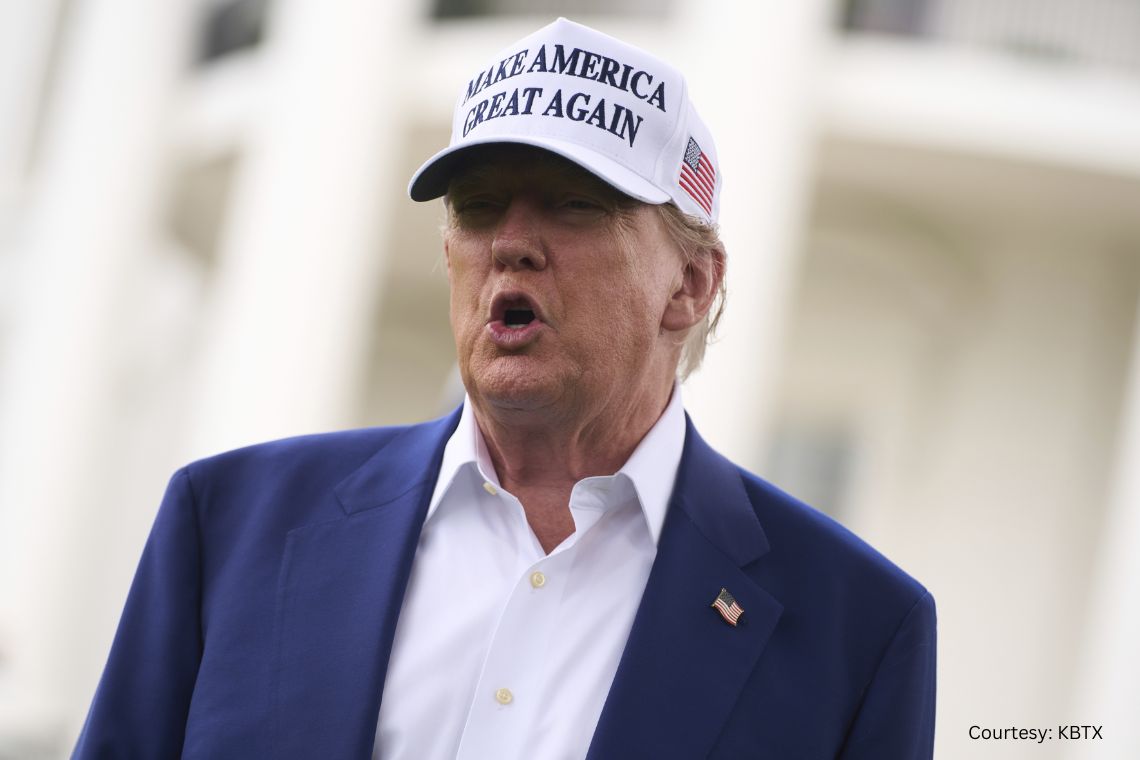Washington – Former U.S. President Donald J. Trump has officially rolled out his long-promised tariff restructuring plan, marking what experts are calling the largest tariff hike in over a century. Though the finalized rates are less severe than those announced during his April 2, 2025 announcement—referred to by Trump as “Liberation Day”—the global trade system is now poised for sweeping disruption.
The tariff overhaul, aimed at reshaping America’s trade balance and curbing reliance on foreign manufacturing, impacts dozens of countries, including major trading partners such as China, India, Germany, and select South Asian economies. According to the Trump campaign’s latest policy briefing, the new tariffs are meant to “restore American economic sovereignty” and correct what it calls decades of unfair trade.
Pakistan’s Exports: Relief in Comparison
While India faces steep 25% tariffs, Pakistan has been dealt a somewhat lighter blow with a 19% rate, and Bangladesh at 20%. The distinctions in rates are seen as both economic signaling and geopolitical messaging, highlighting Trump’s transactional approach to diplomacy.
The tariff revision could present short-term export opportunities for Pakistan, particularly in textiles, leather, and agricultural goods, as Indian goods become more expensive for U.S. buyers. However, the broader instability in global supply chains may also affect raw material costs and trade flows.
Global Impact and Uncertainty
Economists warn that the overhaul signals a retreat from decades of trade liberalization, echoing protectionist trends that may soon be mirrored in other major economies. Markets have responded with volatility, particularly in emerging markets that depend heavily on exports to the U.S.
“The world is entering a new phase of uncertainty,” one international trade analyst said. “Trump’s tariff policy is not just an economic measure—it’s a political weapon.”
What’s Next?
With the World Trade Organization (WTO) already under pressure and major multilateral agreements in flux, Trump’s move could lead to retaliatory tariffs and further fragment the global trading system.
For Pakistan, experts urge strategic recalibration: negotiating new trade routes, diversifying export partners, and investing in domestic manufacturing to shield the economy from future global shocks.
This story has been reported by PakTribune. All rights reserved.



